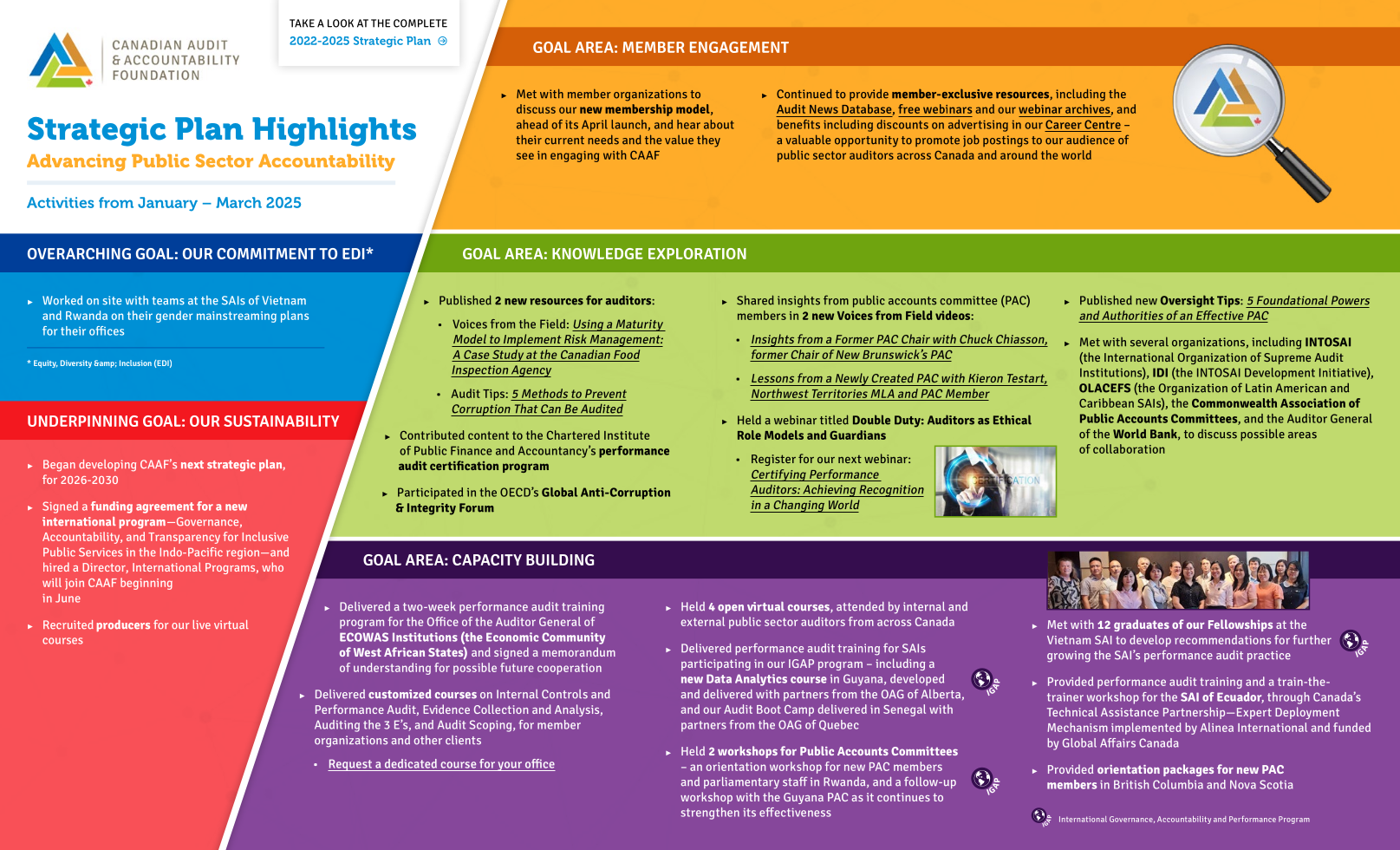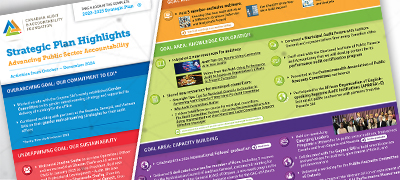|
Audited Entities
- The Criminal Law Division of the Ministry of the Attorney General
Audit Objective(s)
- To assess whether the Division had established adequate policies, systems and procedures for the timely and efficient prosecution of criminal matters on behalf of the Crown, and for measuring and reporting on program effectiveness.
Audit Scope
- Audited the head office, 5 regional offices and 11 Crown attorney offices.
Audit Criteria
- Not available.
Main Audit Findings
- The number of Crown attorneys and the overall staffing costs for the Criminal Law Division (Division) have more than doubled since the last audit in 1993. Yet the number of criminal charges that Crown attorneys dispose of per year has not substantially changed.
- The Division makes little use of numerical and statistical information to analyze the relative workload, efficiency and effectiveness of its Crown attorneys, and relies more on informal oversight by senior staff at each of the 54 Crown attorney offices.
- The Division does not formally assess its prosecutorial performance—for example, it does not gather information on how efficiently charges are screened; how long it takes to prepare cases; whether court diversion programs for resolving minor criminal charges are used appropriately; the number of bail release applications, and what their conditions and results are; and what the outcomes of cases are.
- No staffing model has been established to determine how many Crown attorneys should be at each local office, and there is no benchmark for what a reasonable workload for each Crown attorney should be.
Selected Audit Recommendations
- To ensure that decisions on the use of legal and support staff resources and results of prosecutions are supported by timely, relevant and accurate information, the Criminal Law Division of the Ministry of the Attorney General should identify what information is needed and develop systems as soon as possible to deliver this information to its regional and local Crown-attorney-office management. The Ministry should also use this information to hold the Division accountable for demonstrating the cost-effective use of its resources.
- In order for the Criminal Law Division to adequately oversee its prosecutions, monitor its costs and assess its performance, it should regularly analyze the trends, rates and reasons for stays and withdrawals, adjournments, trial rates, bail release violations, guilty pleas and guilty verdicts, and use of diversion programs. In addition, the Division should compare its performance to other provinces and, where Ontario’s overall trends differ from those of other large provinces, determine the reasons for such differences.
- To ensure that Crown attorneys have the workload flexibility to devote a similar amount of time to charges of a similar nature, the Criminal Law Division should:
- establish benchmarks for what a reasonable workload for each Crown attorney should be;
- collect and analyze information on workloads and cost variances between regions and Crown attorney offices to identify opportunities to use resources as efficiently as possible and address inconsistencies; and
- ensure that management has the ability and flexibility to address temporary and permanent workload pressures by, for example, relocating prosecutors and support staff between Crown attorney offices, and using contract lawyers where and when appropriate.


 Audit Summary
Audit Summary














